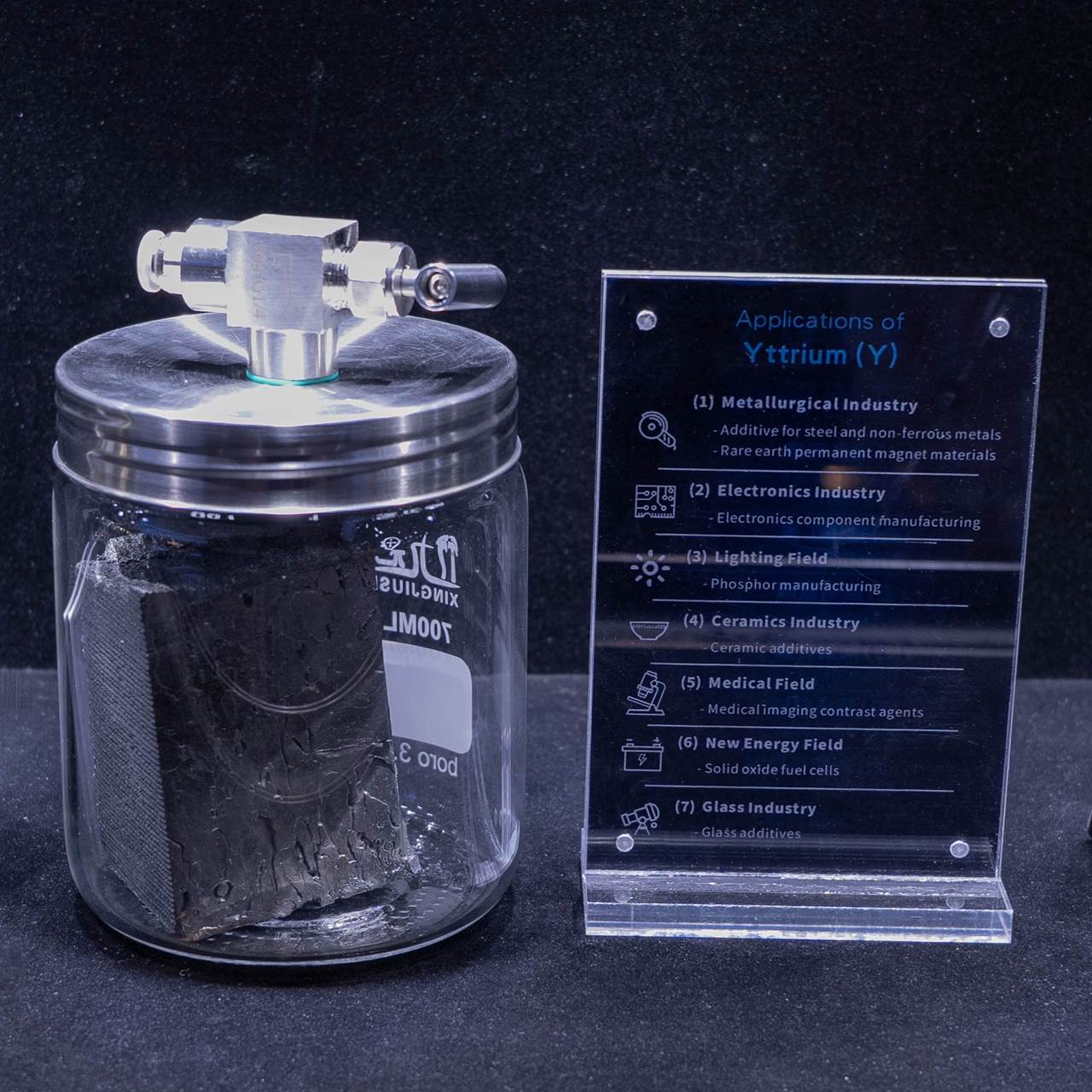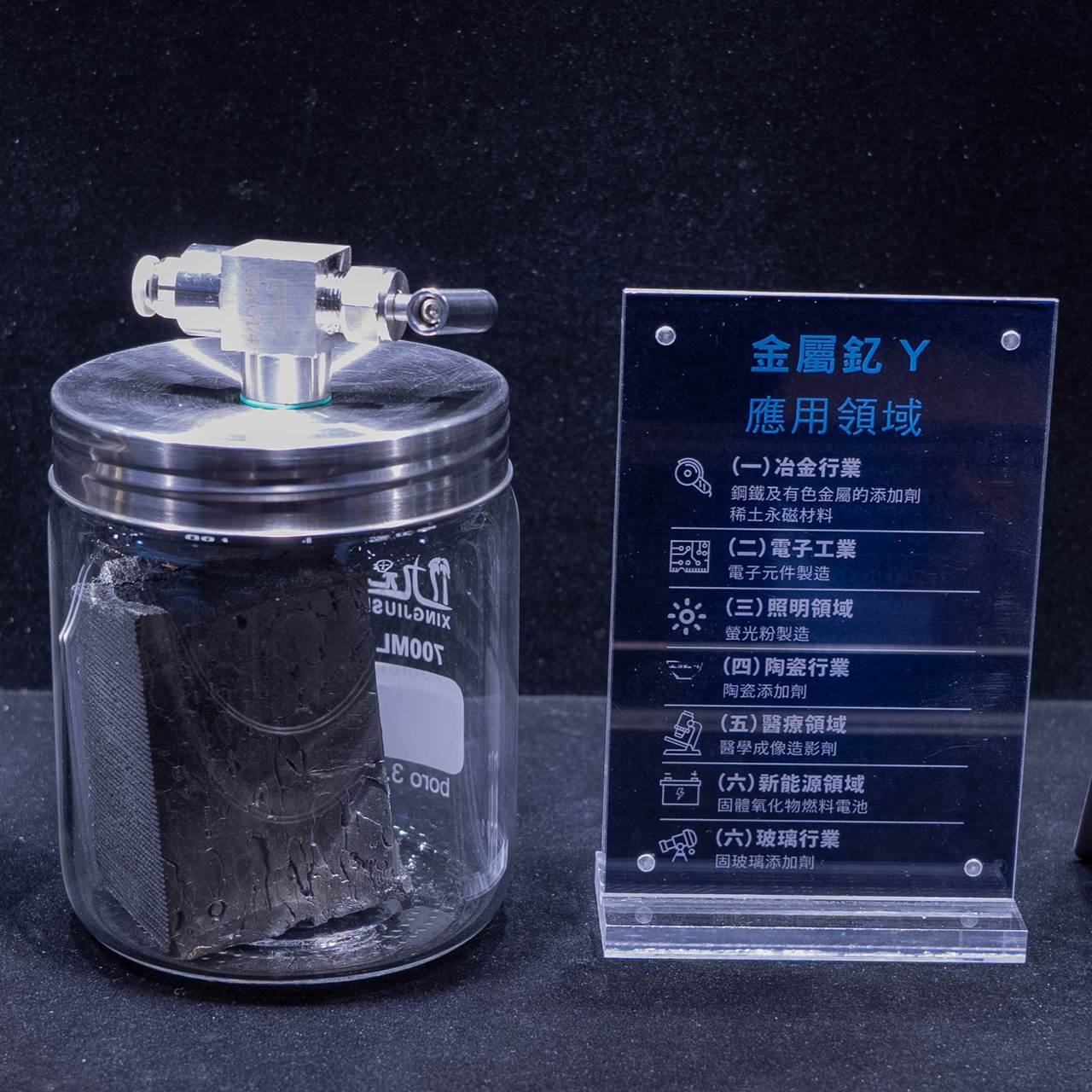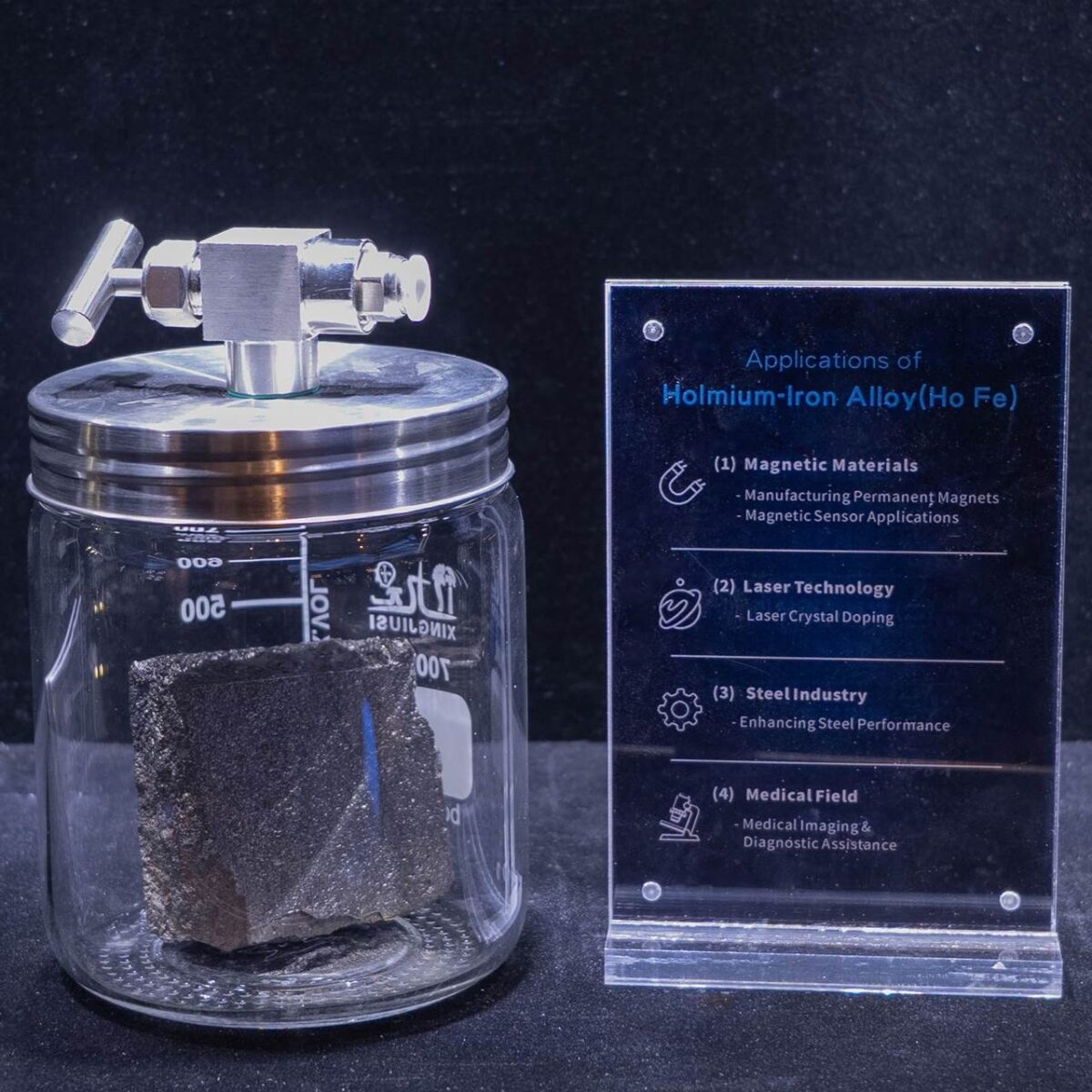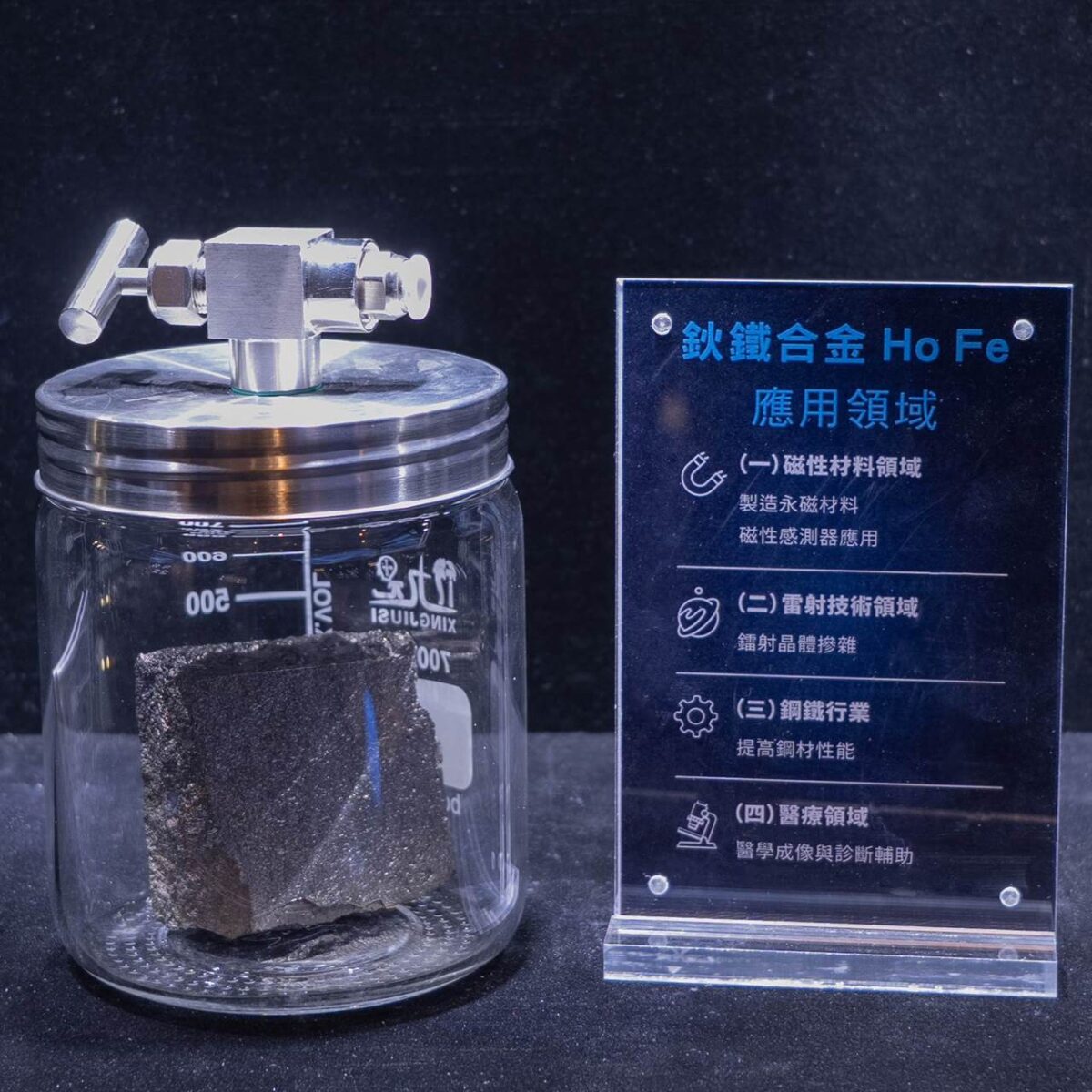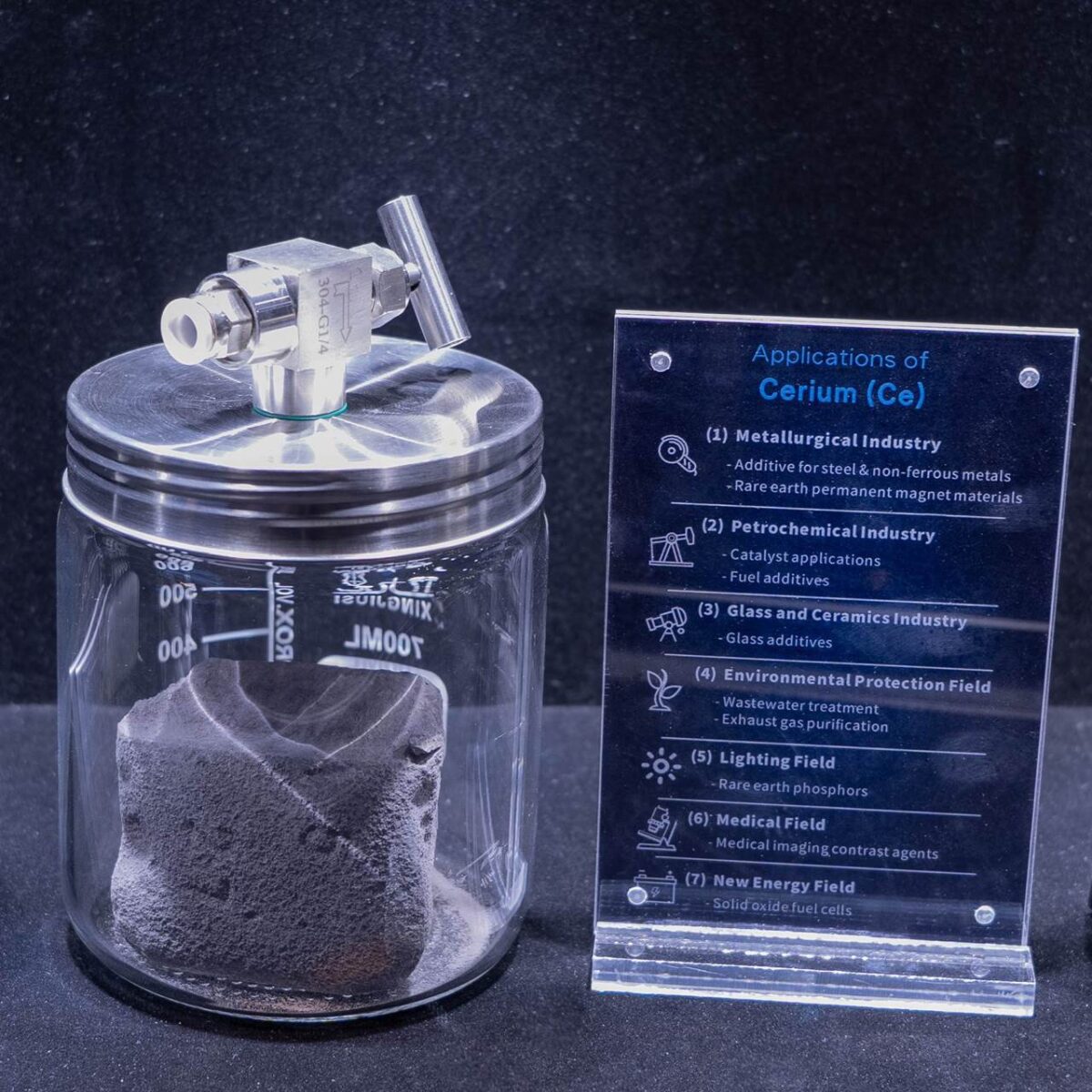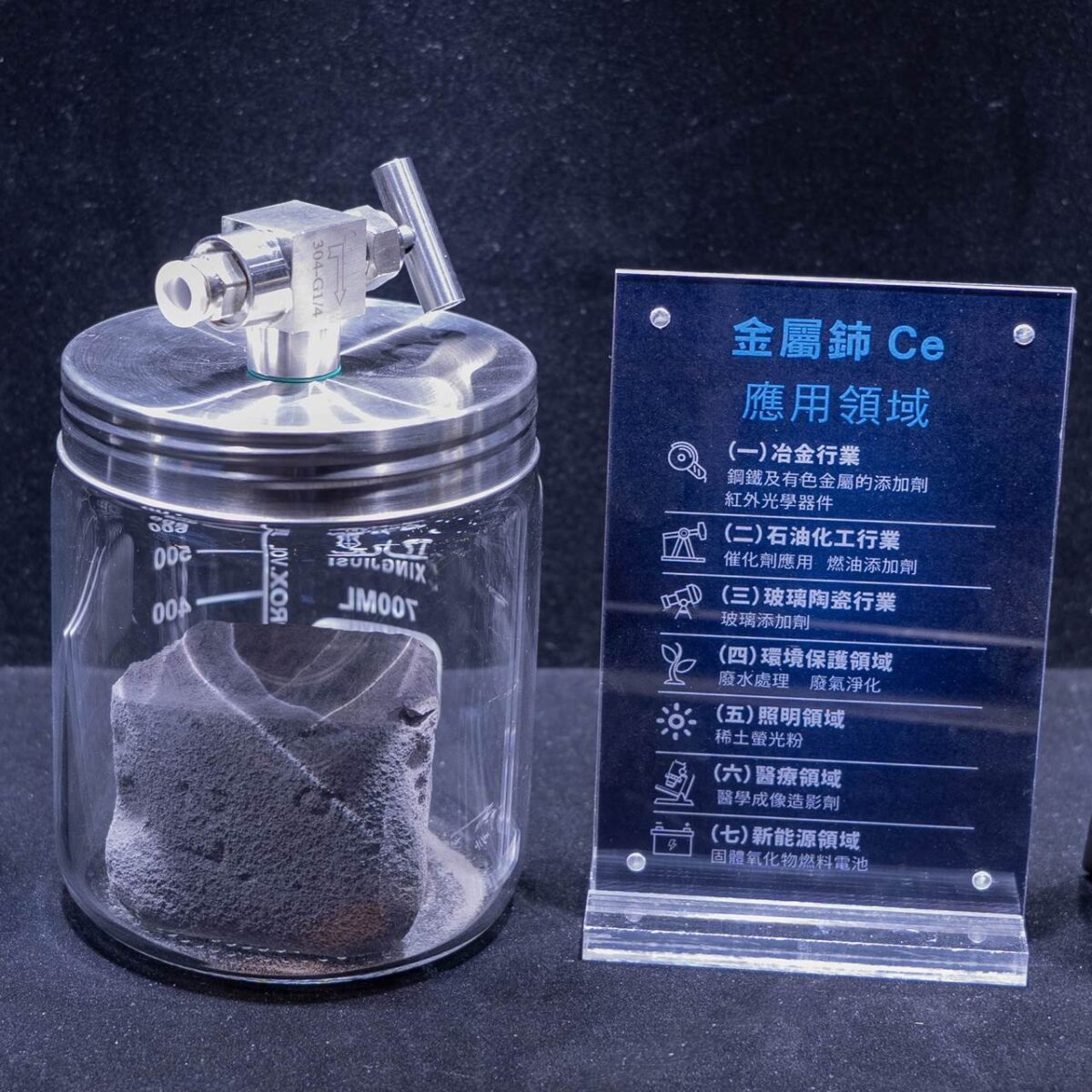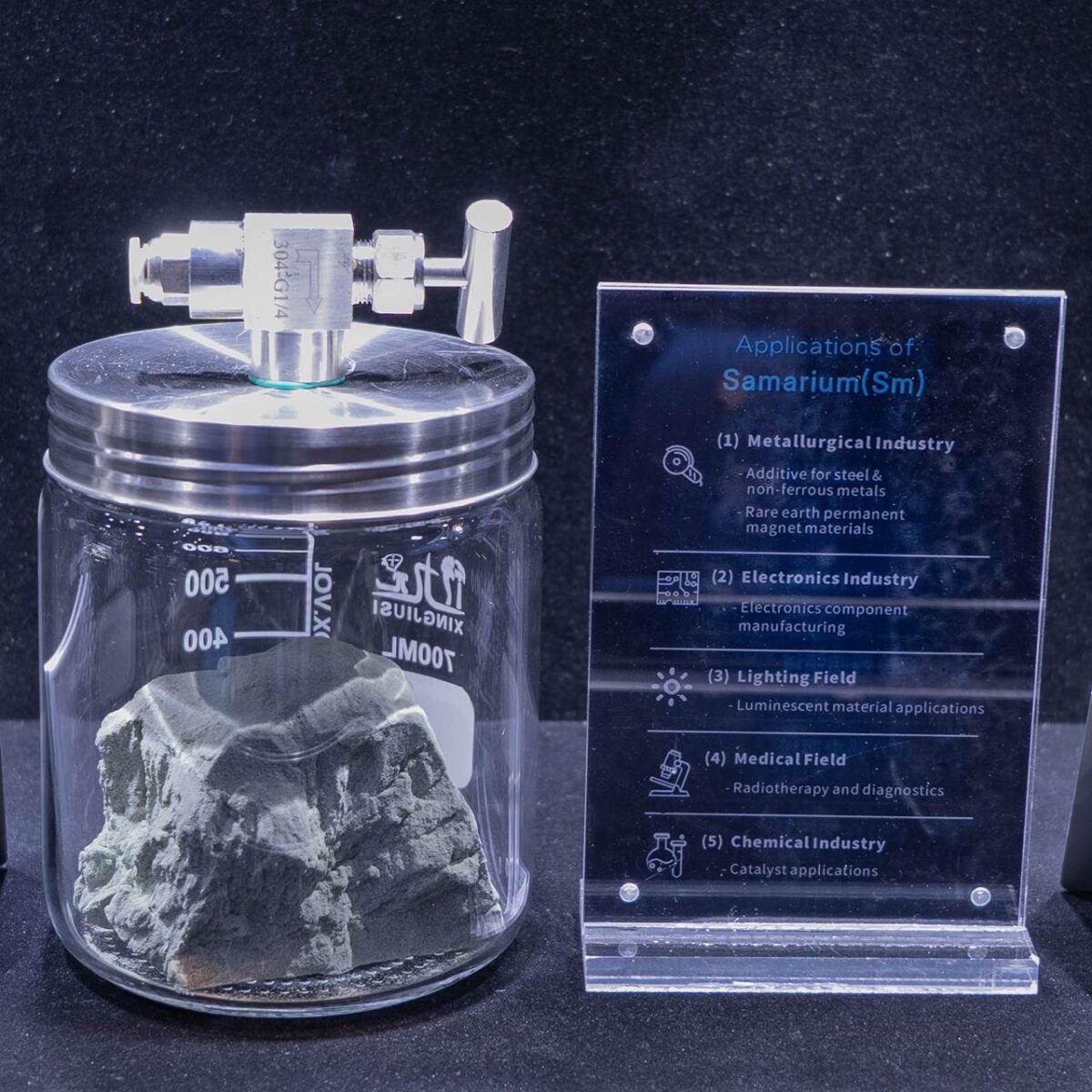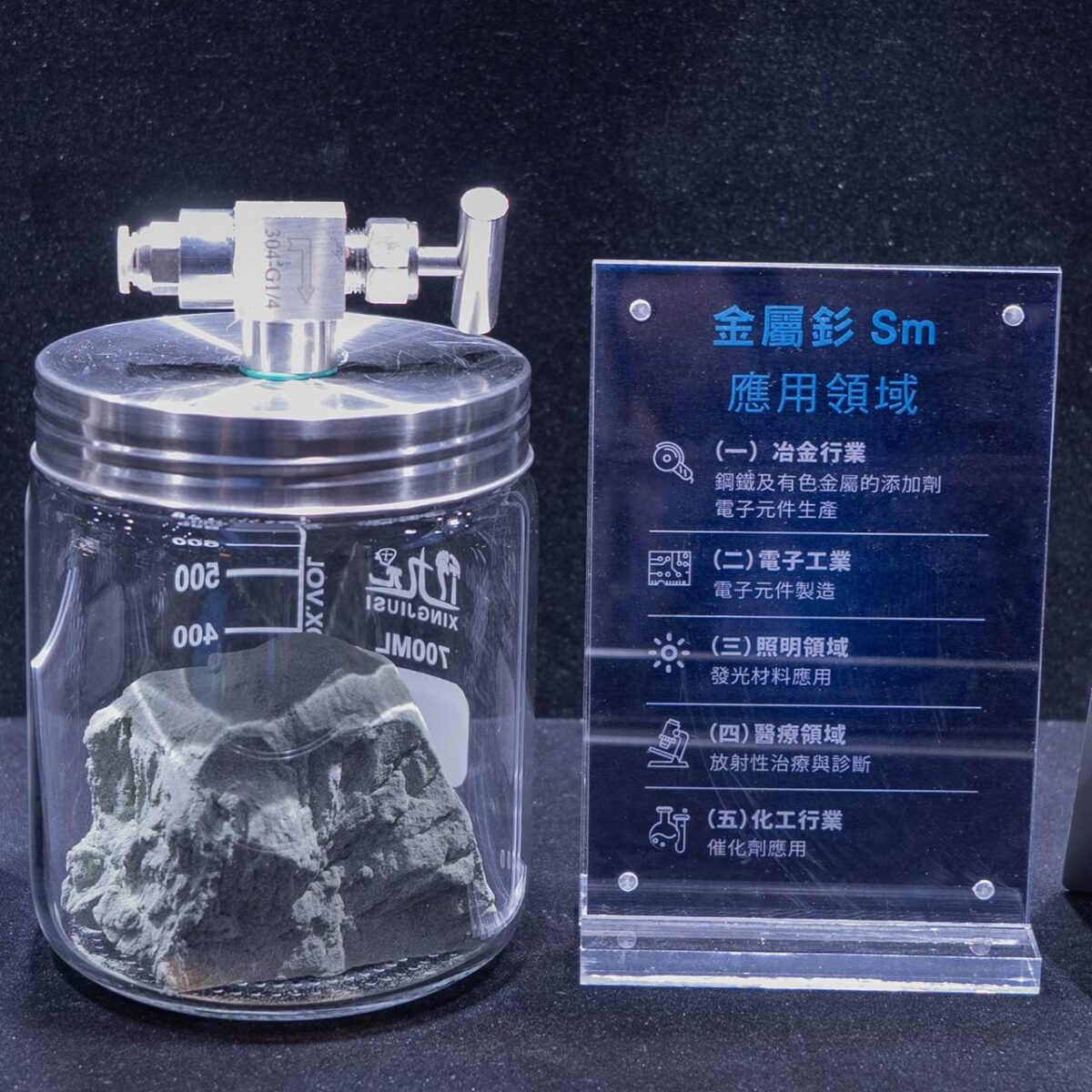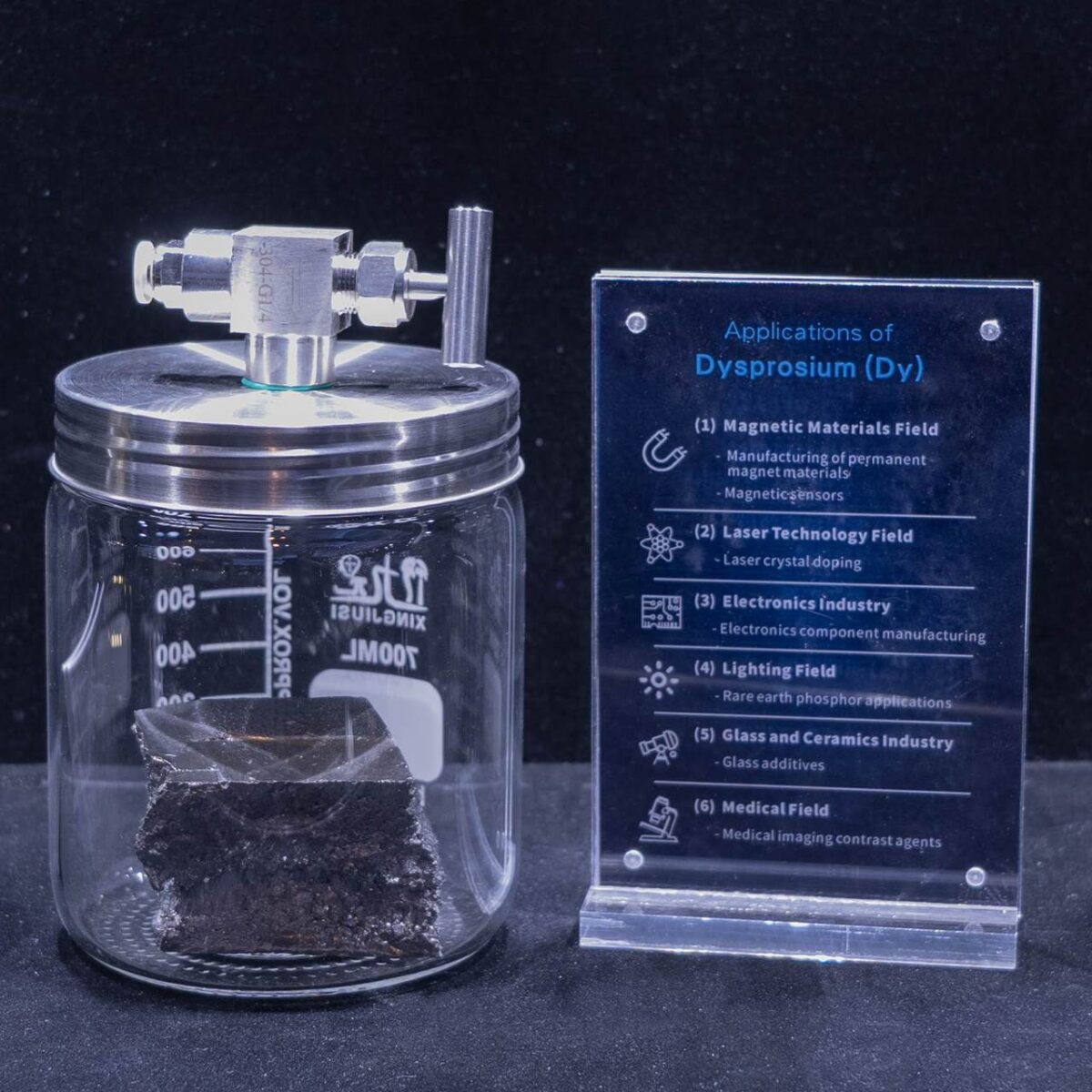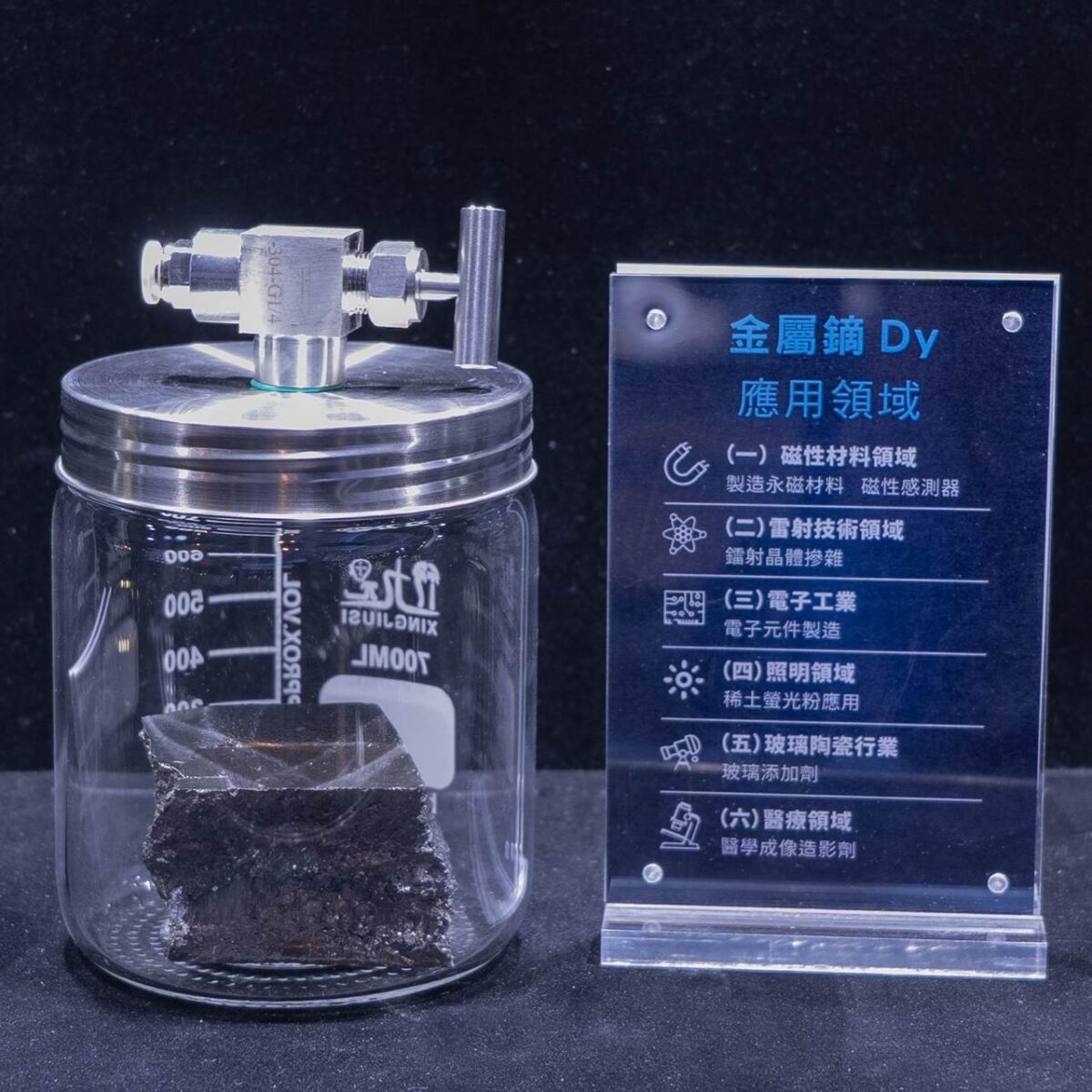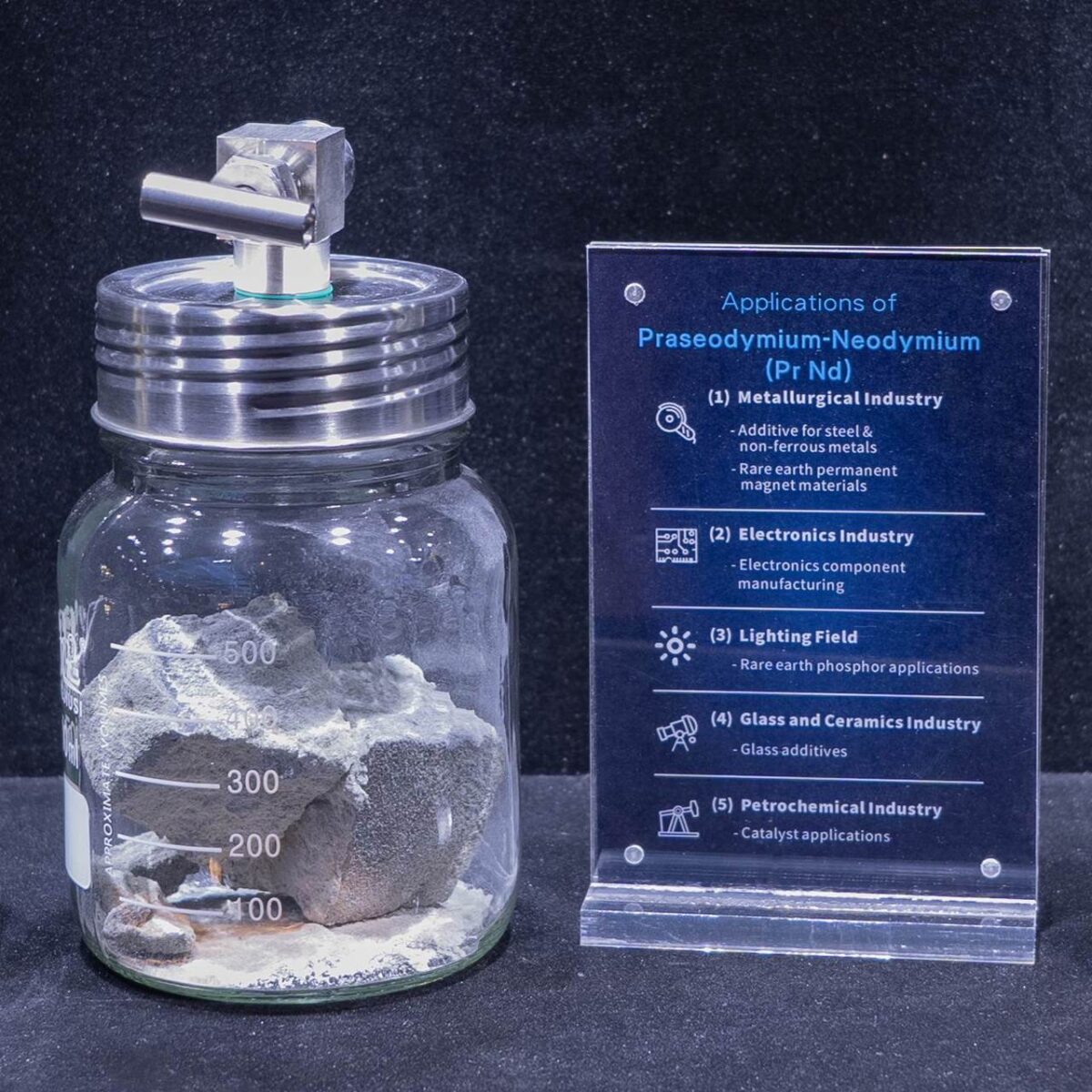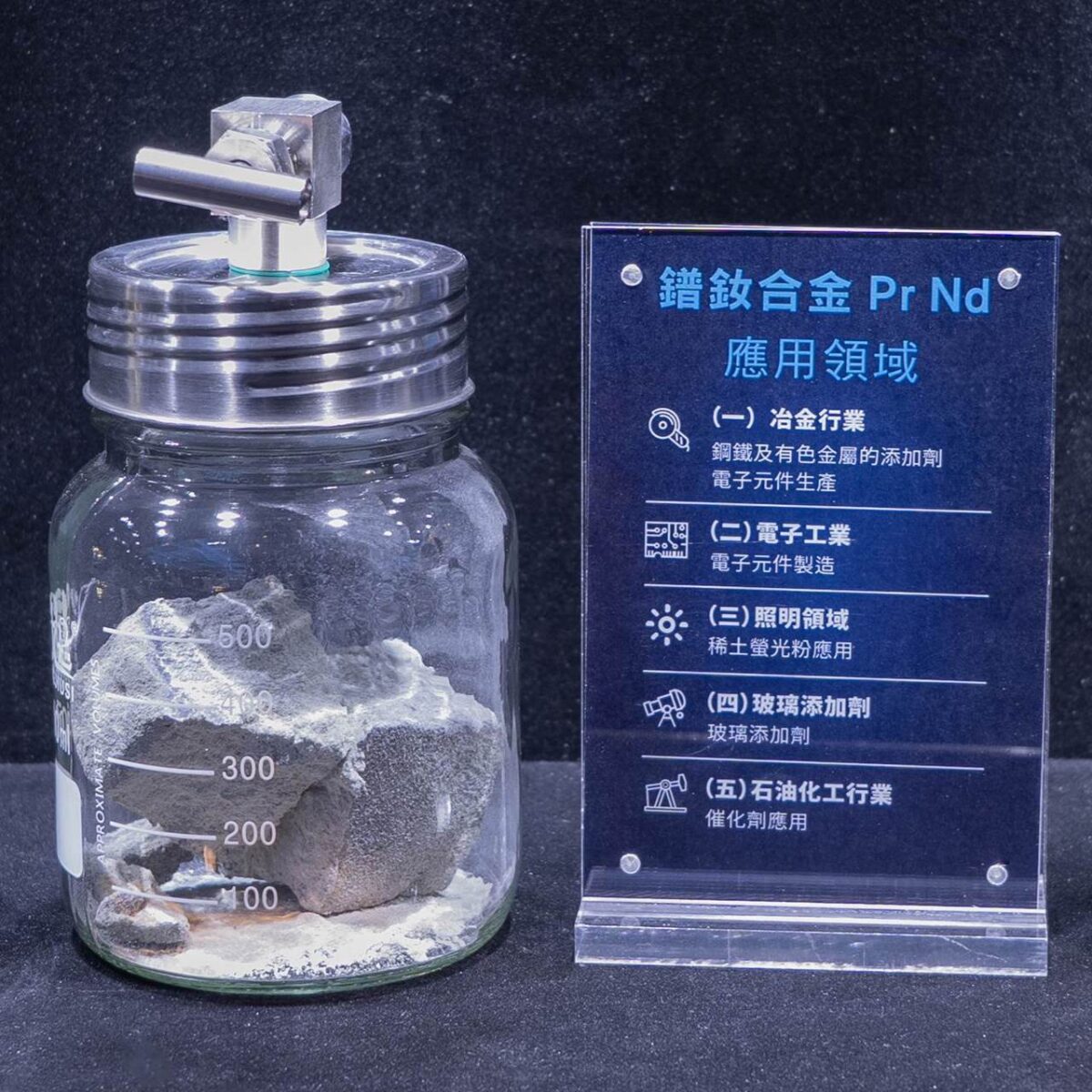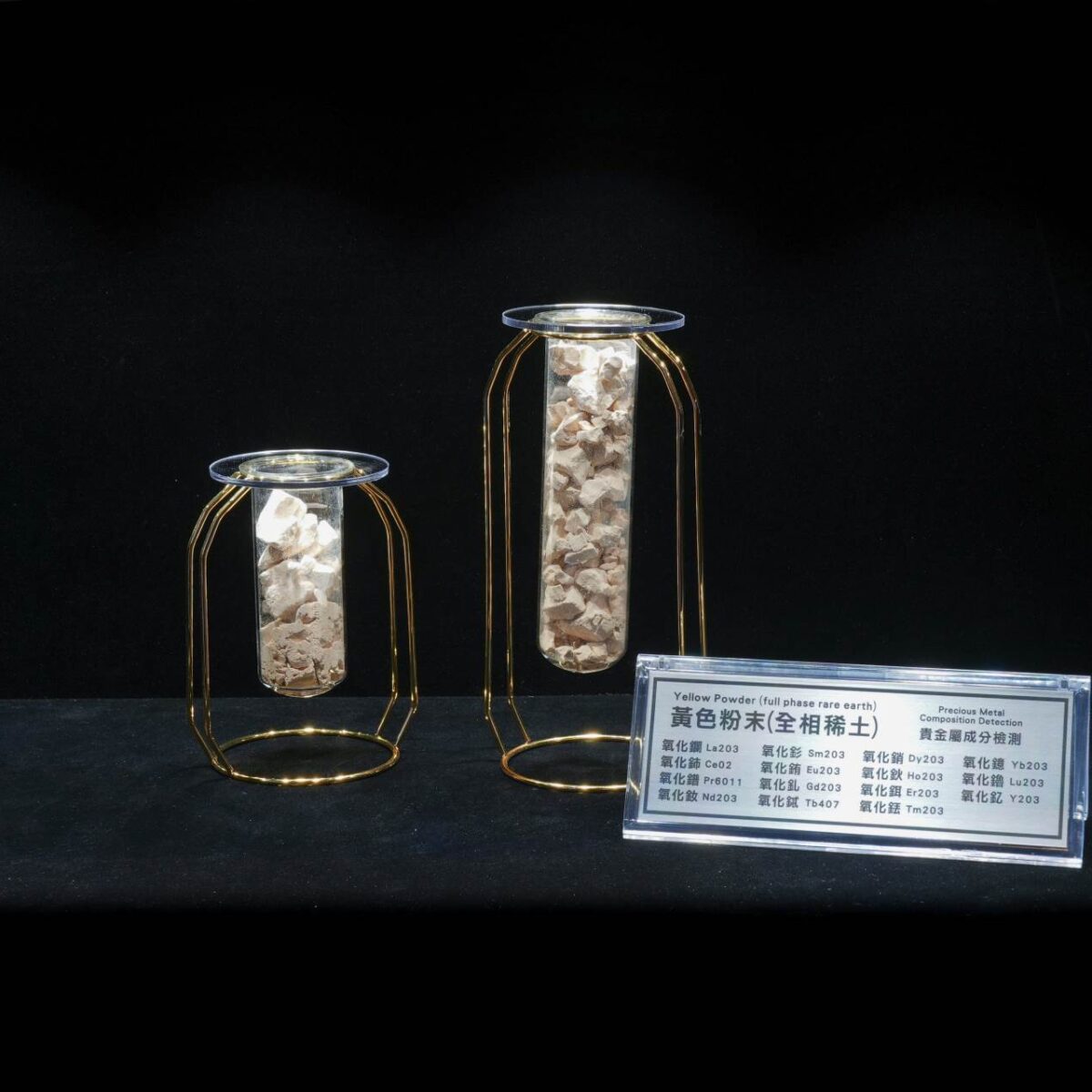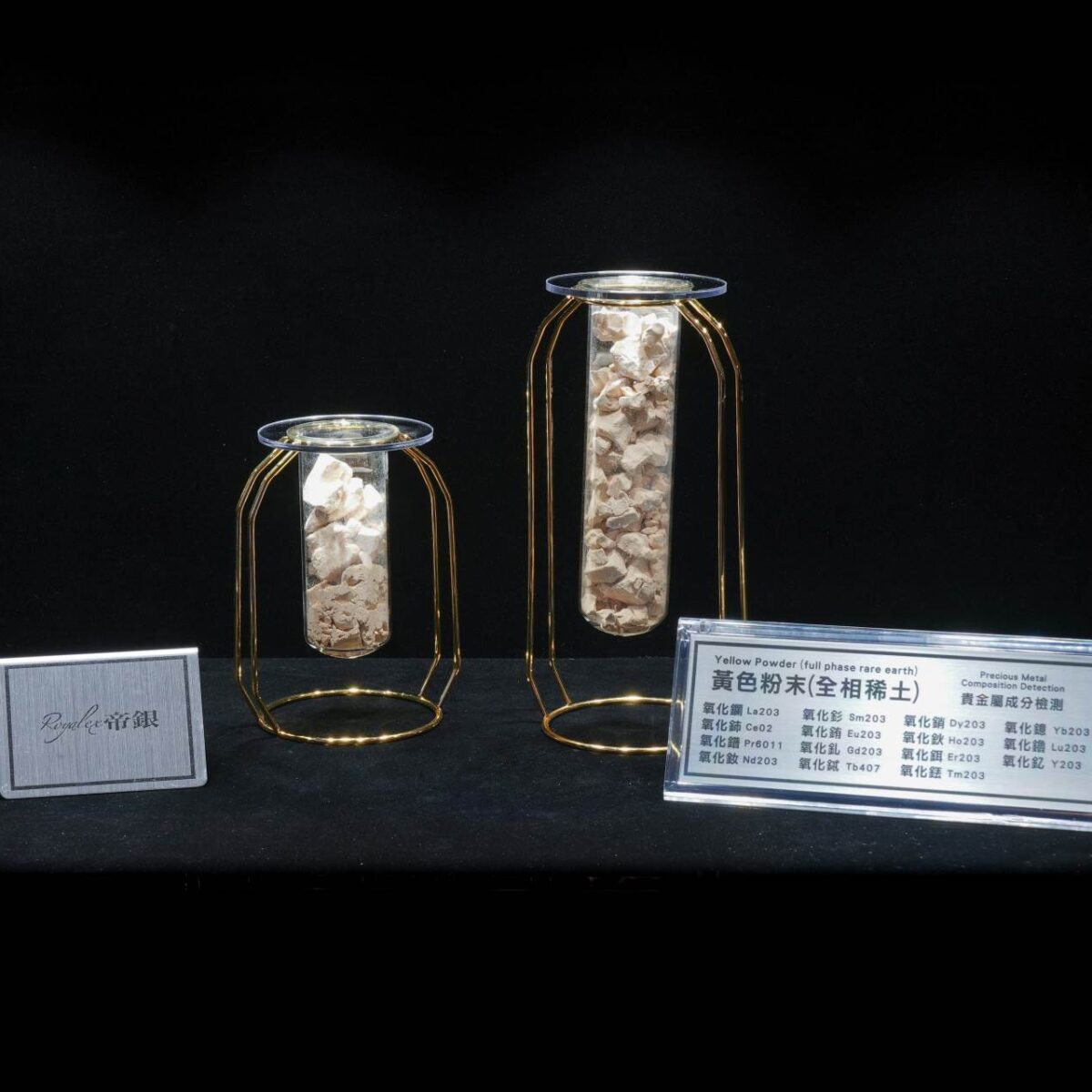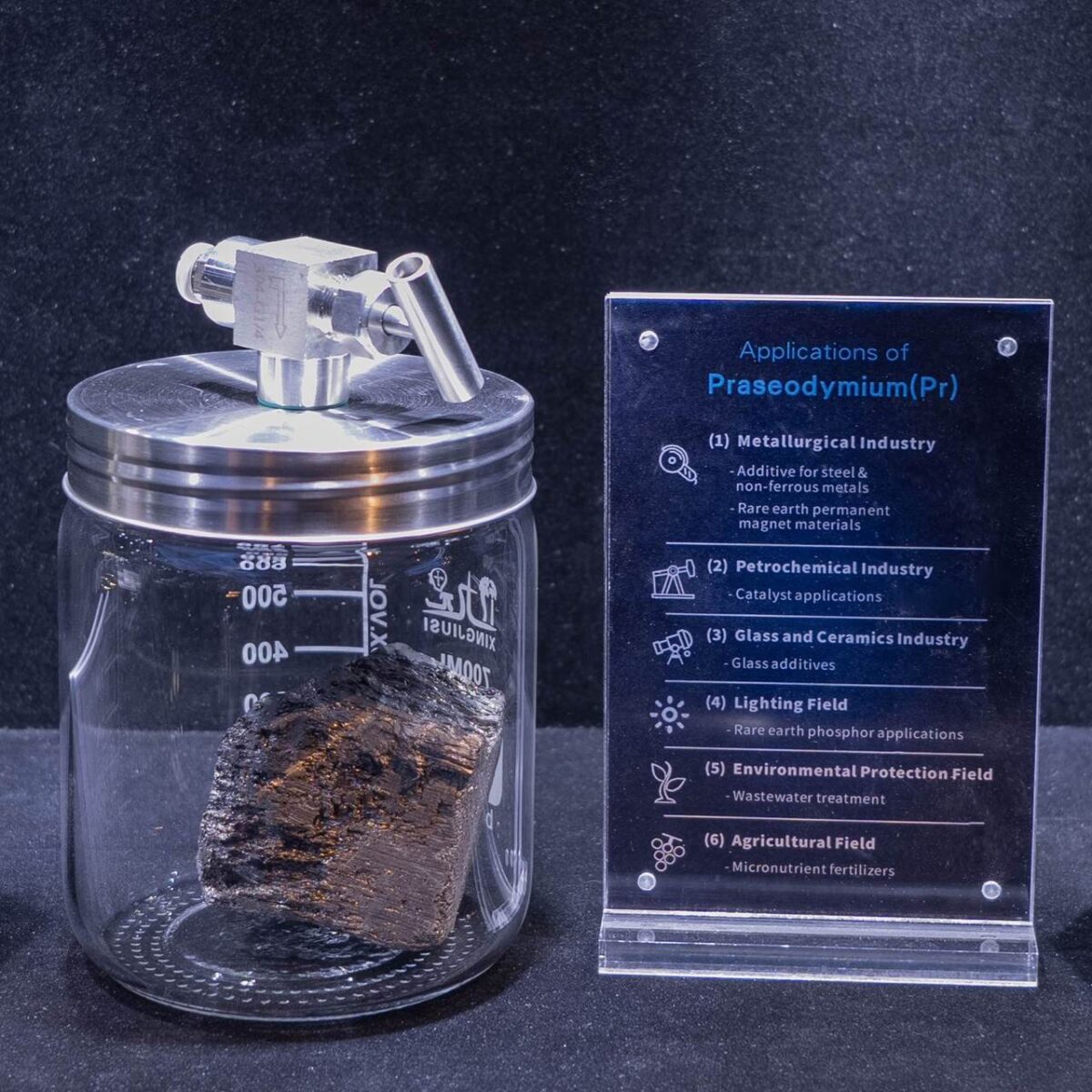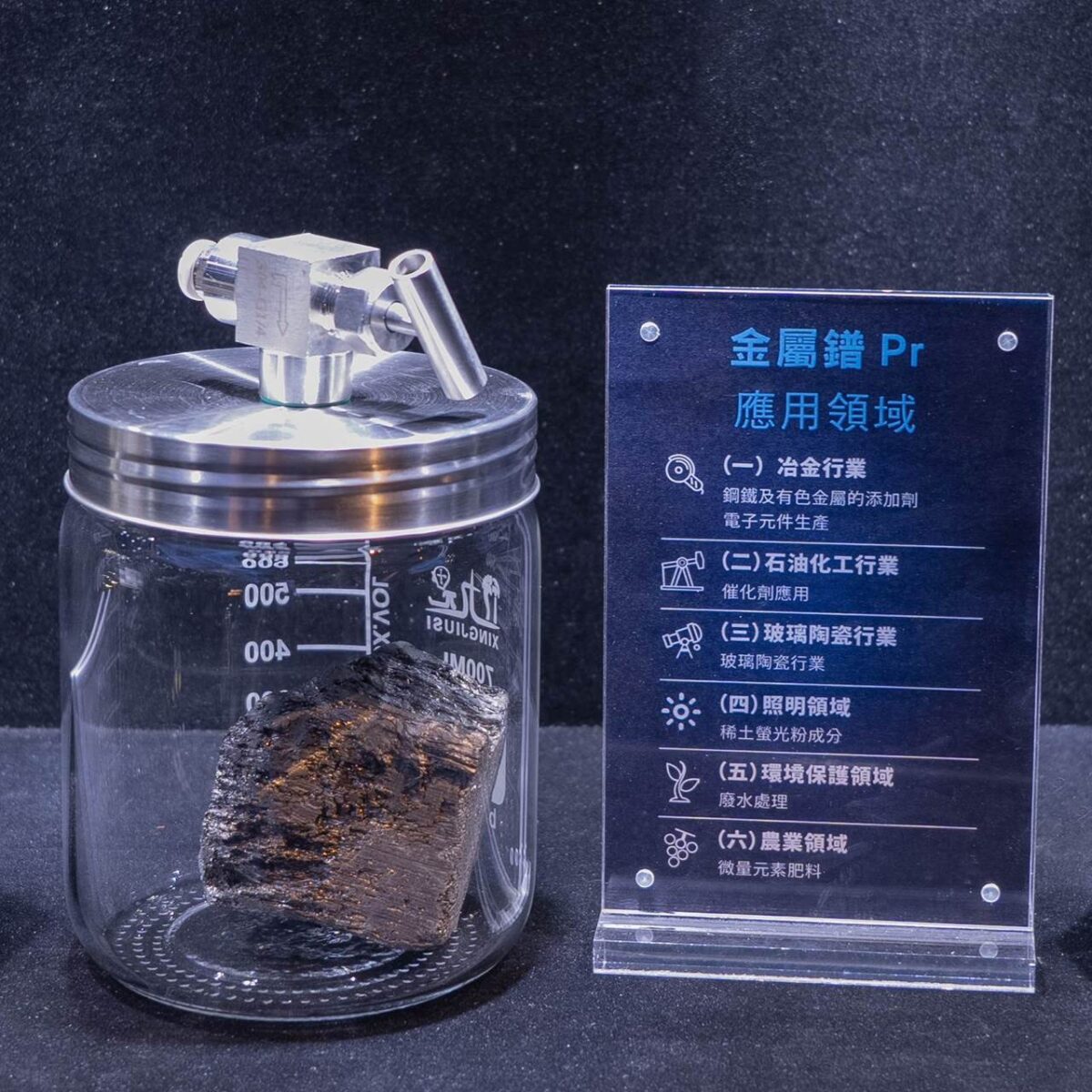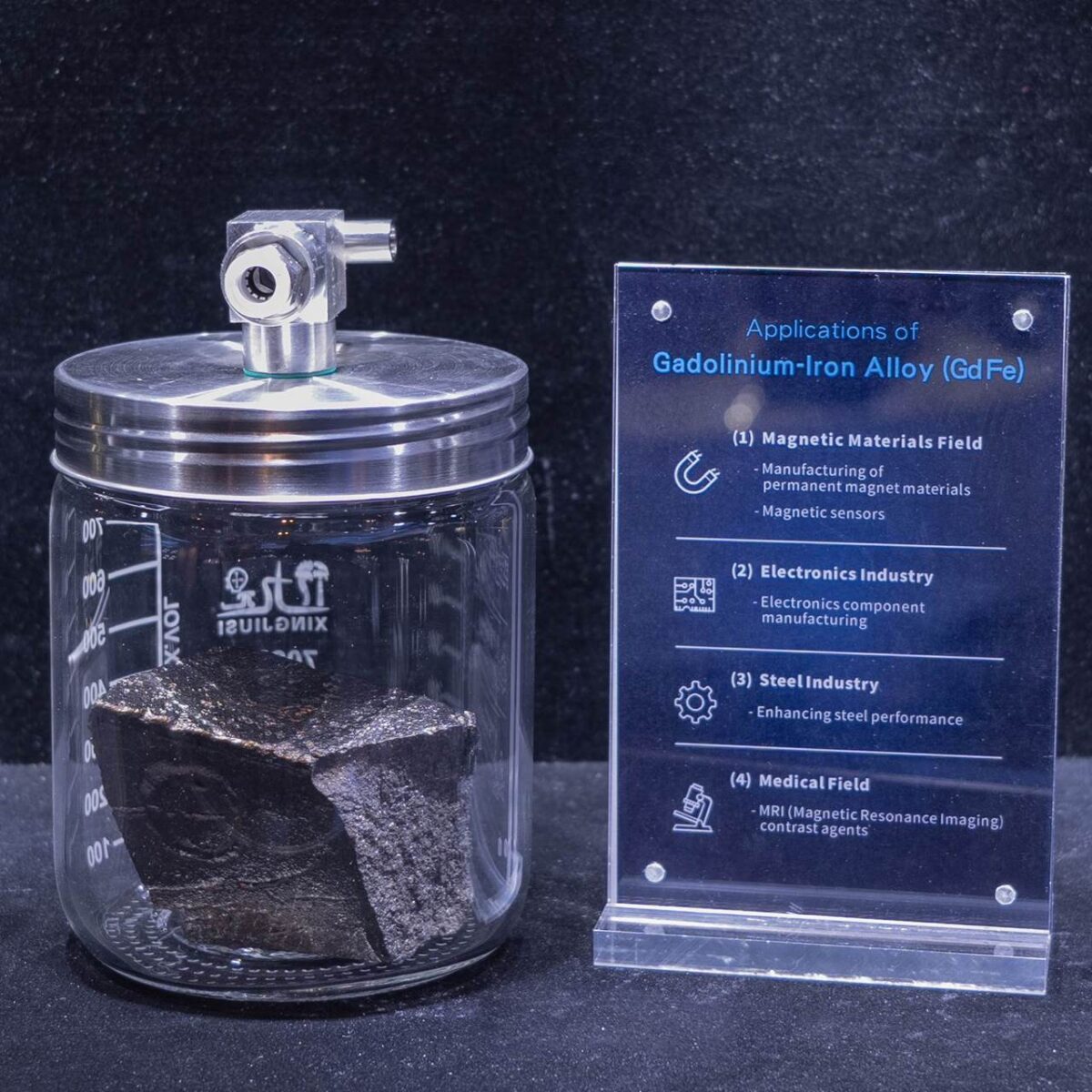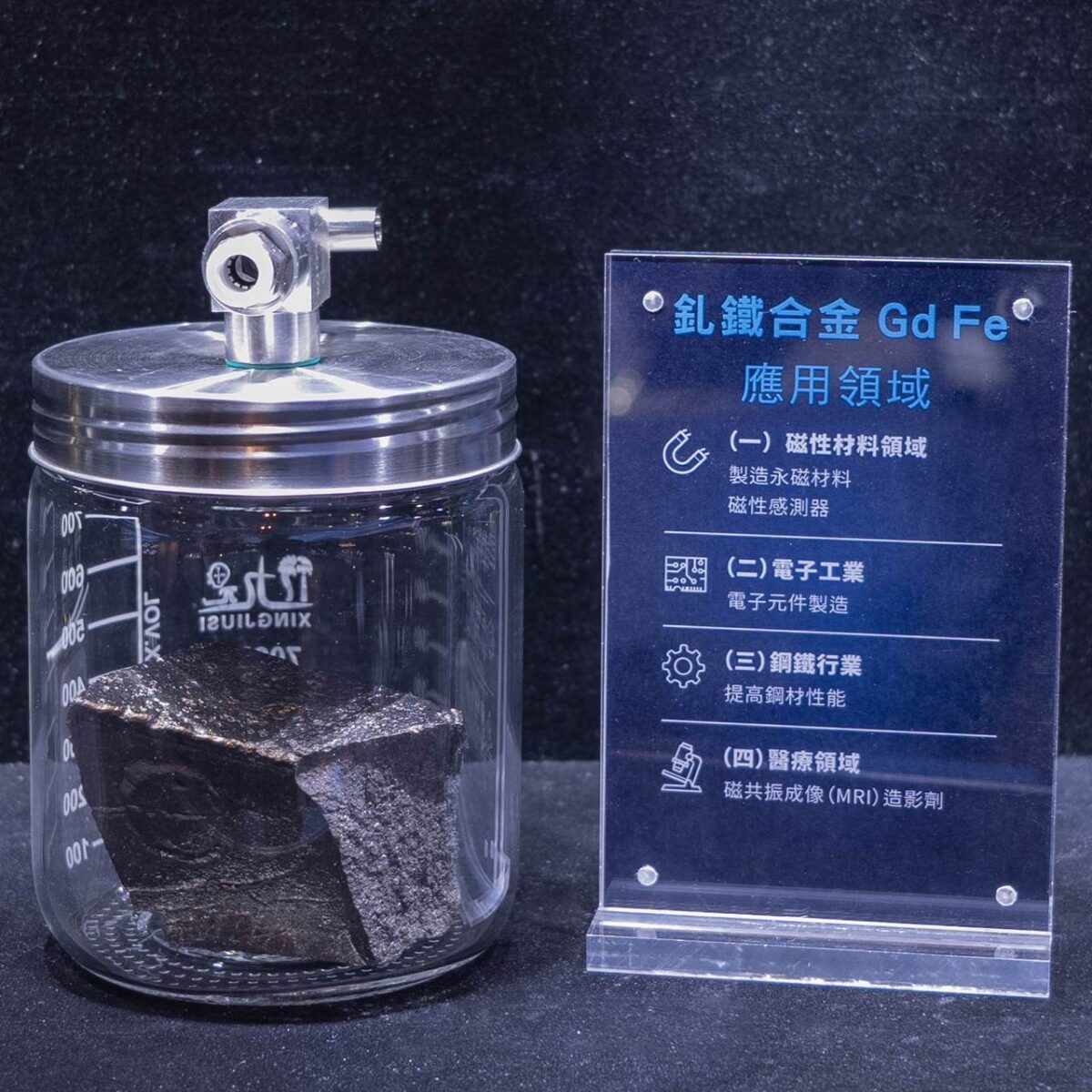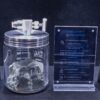Yttrium
Melting and Boiling Points
Yttrium has a high melting point of 1522°C and a boiling point of 3338°C. These high-temperature characteristics enable it to maintain good stability in high-temperature environments, making it suitable for various processing and application scenarios that require thermal stability, thus laying the foundation for its applications in the industrial field.
Density and Hardness
Its density is about 4.472 g/cm³, and it has a moderate hardness with a Mohs hardness of approximately 4.5. It possesses certain mechanical properties, can withstand certain external forces during processing, and can be shaped through conventional processing methods such as forging and rolling to meet different production needs.
Ductility and Electrical Conductivity
Yttrium has certain ductility and can be processed into different shapes such as thin sheets and fine wires, facilitating subsequent industrial applications. It is also a metallic conductor, although its electrical conductivity is slightly weaker compared to common metals like copper and aluminum, it can still meet the basic requirements for electrical conductivity in some specific industrial scenarios.
Oxidation States and Reactivity
The common oxidation state of yttrium in compounds is +3. It is chemically active and can react with oxygen in the air at room temperature, gradually forming an oxide layer on the surface. However, this oxide layer can to some extent slow down its further oxidation rate. Under conditions such as heating, and in the presence of acids or bases, yttrium will undergo more noticeable chemical reactions.
Reactions with Acids and Bases
Yttrium can react with common acids such as dilute hydrochloric acid and dilute sulfuric acid, producing corresponding yttrium salts (such as yttrium chloride, yttrium sulfate, etc.) and releasing hydrogen gas. It can also react with alkaline solutions, for example, in strong alkaline solutions like sodium hydroxide, it will react according to the corresponding chemical reaction rules, demonstrating the chemical activity characteristics of an active metal.
Metallurgical Industry
Additive for Steel and Non-ferrous Metals
In steel production, adding an appropriate amount of yttrium can serve as a deoxidizer and desulfurizer, purifying the steel melting and thereby improving the quality of steel. Moreover, yttrium can refine grains, enhance the toughness, wear resistance, and corrosion resistance of steel, enabling steel to perform better in fields such as construction and mechanical manufacturing. Adding yttrium to non-ferrous metals like aluminum and magnesium also helps improve their casting properties, mechanical properties, and oxidation resistance, for example, in aluminum alloys, yttrium can increase their strength and heat resistance, expanding their application scope.
Rare Earth Permanent Magnetic Materials
Yttrium is one of the important raw materials for manufacturing rare earth permanent magnetic materials. Combined with other rare earth elements and related metals, and processed through specific processes, permanent magnets can be made. These permanent magnets are widely used in many fields such as motors, generators, and electronic equipment, providing a stable and strong magnetic field, which helps to improve the work efficiency and performance of these devices.
Electronic Industry
Electronic Component Manufacturing
In the manufacturing of some electronic components, such as ceramic capacitors and electron tubes, yttrium can be used as raw material for further processing and extraction to manufacture yttrium-containing electronic components. Yttrium-containing electronic components have unique electromagnetic properties, such as high dielectric constant and good stability, which can meet the needs of modern electronic equipment for continuous miniaturization and high-performance development and are widely used in electronic devices such as smartphones, computers, and communication base stations.
Lighting Field
Phosphor Manufacturing
Yttrium is one of the key components for manufacturing phosphors, especially in rare earth phosphors. Combined with other elements, it can produce phosphors of different colors and excellent performance, which are applied in lighting products such as fluorescent lamps and LED lamps. It can improve light emission efficiency, color rendering, and service life of the light, providing people with a higher quality lighting environment.
Ceramics Industry
Ceramic Additive
In ceramic production, adding yttrium can significantly improve the properties of ceramics. It can enhance the hardness, toughness, and high-temperature resistance of ceramics, making ceramic products more durable, and optimizing the color of ceramics, improving their aesthetics. It is commonly used in the manufacture of high-grade ceramic tableware, artistic ceramics, and industrial ceramics.
Medical Field
Medical Imaging Contrast Agent
Some compounds of yttrium have potential application value in the field of medical imaging. After special treatment, they are expected to be used as contrast agents to help doctors more clearly observe the internal tissues and lesions of the human body. However, most of the related applications are currently in the research and exploration stage and have not been widely used in clinical practice.
New Energy Field
Solid Oxide Fuel Cells
In the development of solid oxide fuel cells, compounds of yttrium can be part of the electrolyte or electrode materials. Utilizing its ionic conductivity and chemical stability advantages, it helps to improve the performance of fuel cells, promotes the development of new energy technologies, and provides new ways to solve energy problems.
Glass Industry
Glass Additive
Adding yttrium in the glass manufacturing process can have multiple beneficial effects. For optical glass, yttrium can improve the optical properties of glass, such as increasing the refractive index and reducing dispersion, making it more suitable for manufacturing high-precision optical products such as eyeglass lenses and camera lenses. In architectural glass, yttrium can enhance the radiation resistance of glass, making it more suitable for special environments, such as observation windows in nuclear power plants.

